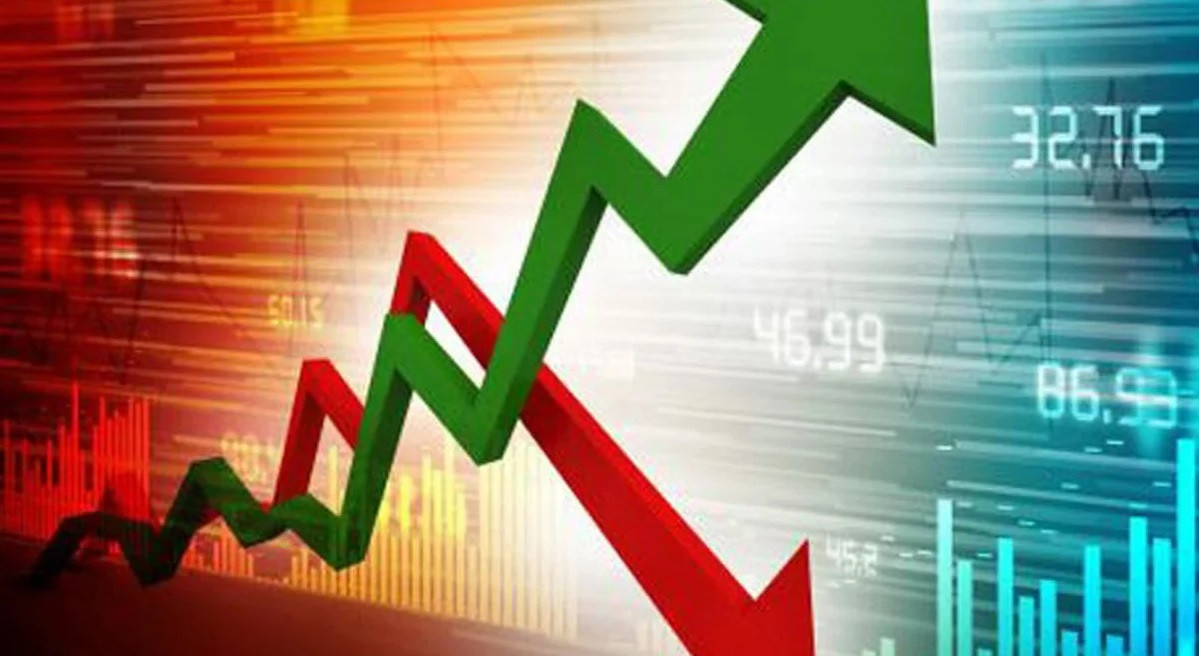Diplomatic Correspondent
Published:2025-05-24 13:29:51 BdST
UN, WB warn of economic turbulence ahead for BD
Bangladesh’s economy is on the brink of a major downturn, with international agencies painting a bleak picture of the coming months.
The United Nations Conference on Trade and Development (UNCTAD), World Bank, Asian Development Bank (ADB), and the International Monetary Fund (IMF) have all issued warnings, citing political instability, weak investment trends, and global trade tensions as key threats to the country's economic health.
In a recent report titled "Sparing the Vulnerable: The Cost of New Tariff Burdens", UNCTAD cautioned that sweeping tariff increases imposed by the United States could severely impact developing countries, including Bangladesh.
Despite contributing only 0.3% to the US trade deficit, countries like Bangladesh will face heightened export costs, particularly in key sectors such as garments and agriculture.
If a universal 10% import duty is enforced by July, Bangladesh’s effective tariffs could rise to 44%, the report warns. This would significantly reduce market access for Bangladeshi exports, increasing economic vulnerability. UNCTAD urges the adoption of international cooperation, tariff relief policies, and simplified market access rules for poorer nations to avoid long-term global inequality.
In an attempt to ease tensions and protect access to the US market, Bangladesh's National Board of Revenue is reportedly considering duty exemptions on 100 US products in the upcoming budget.
In its latest outlook, the World Bank slashed Bangladesh’s GDP growth forecast for the fiscal year ending June 30, 2025, to 3.3%, the lowest in 36 years. This is a significant revision from January’s 4.1% estimate. The downgrade is attributed to weakening investment, persistent inflation, financial sector fragility, and mounting political uncertainty.
Franziska Ohnsorge, Chief Economist for the South Asia region at the World Bank, stated that low revenue mobilisation is the root of the region’s fiscal weaknesses, further threatening economic stability in an uncertain global environment.
The ADB has adjusted its own projection for Bangladesh’s GDP growth this fiscal year from 4.3% to 3.9%, citing rising inflation, labour unrest, political turbulence, and high interest rates. The bank predicts that both private domestic investment and foreign direct investment (FDI) will remain subdued due to policy uncertainties and a deteriorating investment climate.
Similarly, the IMF forecasts GDP growth at 3.8%, noting a decline in economic activity and household consumption. It highlights how the economic slowdown, combined with reduced purchasing power, is dampening overall growth.
Business and investment analyst T.I.M. Nurul Kabir noted that in the first three quarters of FY 2024–25, the decline in investment has triggered an economy-wide slowdown. He added that mass protests, curfews, and internet blackouts in the first quarter significantly disrupted economic activity.
According to Bangladesh Bank, FDI between July and September 2024 fell sharply to USD 104.33 million, compared to USD 360.5 million during the same period the previous year—a staggering decline of nearly 71%.
Further compounding the problem, capital machinery imports—a key indicator of industrial investment—fell by 30%, reflecting private sector reluctance to expand in the face of uncertainty.
Economists and analysts stress the need for immediate and comprehensive reforms to restore investor confidence and economic momentum. While some stabilisation could come through fiscal or tariff measures, experts agree that Bangladesh must focus on political stability, infrastructure development, and structural reforms in its banking and tax systems to prevent a long-term crisis.
Unauthorized use or reproduction of The Finance Today content for commercial purposes is strictly prohibited.


